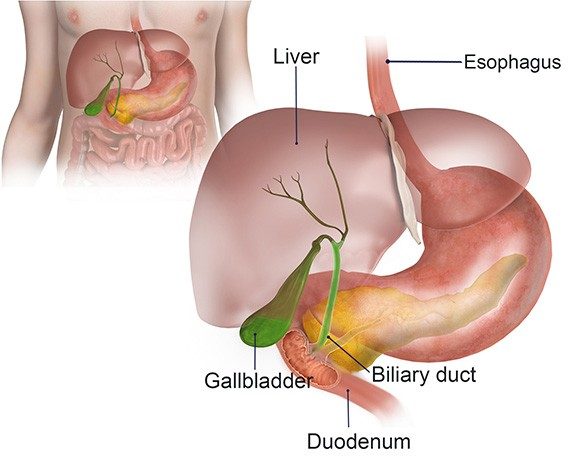Palliative surgery is done to relieve symptoms or treat or even prevent complications such as blockage of the bile ducts.
Bile duct obstruction surgery complications.
Itching abdominal pain usually in the upper right side fever or night sweats nausea and vomiting tiredness or lack of energy unintentional weight loss loss of appetite.
As a result of an injury the bile duct will not be able to work right leaking bile into the abdomen or blocking the normal flow of bile from the liver.
Pale colored stools caused by lack of bilirubin dark urine caused by bilirubin excreted in the urine jaundice yellow skin color itching abdominal pain in the upper right quadrant fever nausea and vomiting.
Dangerous buildup of bilirubin infections sepsis chronic liver disease biliary cirrhosis.
The cause of the obstruction will determine what kind of surgery or procedure is necessary.
People with bile duct obstruction also often experience.
Bile duct obstruction diagnosis your health care provider will examine you and feel your belly.
Cysts of the common bile duct enlarged lymph nodes in the porta hepatis gallstones inflammation of the bile ducts narrowing of the bile ducts from scarring injury from gallbladder surgery tumors of the bile ducts or pancreas tumors that have spread.
Left untreated a bile duct obstruction can cause life threatening complications.
A bile duct injury is damage to the bile ducts that happens during gallbladder surgery.
A bile duct can get cut burned or pinched.
Bile duct obstruction possible complications left untreated the possible complications include infections sepsis and liver disease such as biliary cirrhosis.
This type of surgery is done when the cancer is too widespread to be removed completely.
Possible complications that can arise without treatment include.
This includes infection sepsis and liver damage.

